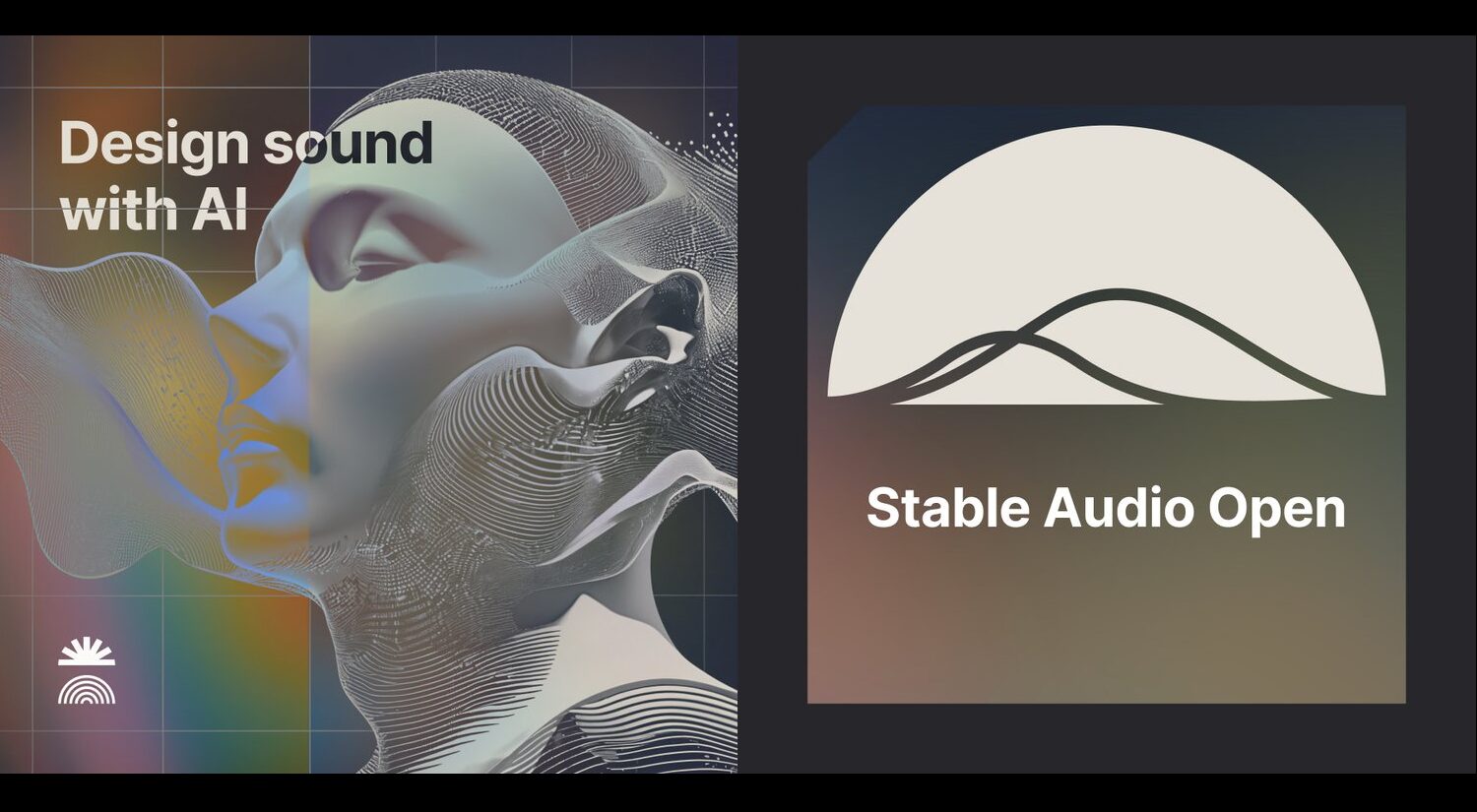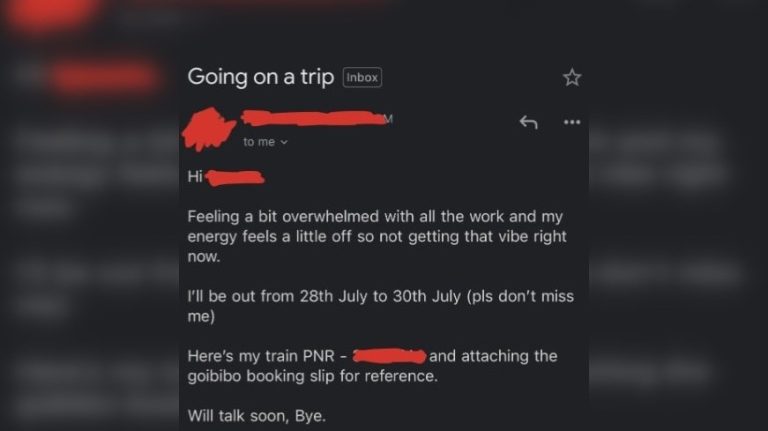UK-based Stability AI, which faces lawsuits over allegedly scraping images without authorization to train its AI models, is looking at developing a marketplace where artists can license their work for AI training.
CEO Prem Akkaraju told the Financial Times in an interview that the proposed marketplace would allow creators to voluntarily submit artwork and receive compensation when AI companies use their content for model training.
When asked by FT’s Melissa Heikkilä about potentially creating a Spotify model for AI training data where artists could get compensation, Akkaraju said: “I think that’d be a really great idea. I think that a marketplace for people to opt into and then upload their art, I think that’s going to happen.”
“Actually, [it’s] something we’re working on, where artists can actually have a marketplace or a portal where they can say, ‘hey, you could train on this,’ and then that actually gets licensed and used by us and others, and they get compensated for it. I think it’s really smart.”
Akkaraju’s statement comes as Stability AI, maker of the popular Stable Diffusion image generator, faces multiple copyright infringement lawsuits.
In one case, Seattle-based Getty Images has sued Stability AI in both the UK and the US, alleging that the company illegally used 12 million images without permission or compensation.
Getty Images CEO Craig Peters told CNBC in May that the company will spend “millions and millions of dollars” in the lawsuit.
Separately, illustrators Sarah Andersen, Kelly McKernan, and Karla Ortiz filed a class action lawsuit in January 2023 against Stability and two other companies, challenging the use of their works for AI model training.
The legal pressures add to Stability AI’s woes. The company, which has also been facing financial troubles, lost its founder Emad Mostaque left his role as CEO in March 2024. The company subsequently laid off staff weeks after Mostaque’s resignation.
Ed Newton-Rex, one of the most prominent figures in the evolution of generative AI in music, also left Stability AI in 2023. Writing in an op/ed in November 2023, Newton-Rex, who led the development of Stable Audio, said: “I’ve resigned from my role leading the Audio team at Stability AI, because I don’t agree with the company’s opinion that training generative AI models on copyrighted works is ‘fair use’.”
In response to concerns over the company’s training models, Akkaraju, who took over as CEO in June 2024, told the FT that he doesn’t think that the artist community’s campaign against AI scraping have “had that profound of an impact on what we do.”
Akkaraju added: “We have a lot of different workflows and customized workflows on top of our model that provide a lot of the functionality that people are really looking for, and we’re adding to them every single day.”
“You mentioned Spotify for images. [Another] great solution would be a Shazam for images. You can have this as a fingerprinting type of technology. And I think that’s going to take a lot of opt in from both sides. And I think that’s technically where we’re headed with a potential solution.”
Under its current practices, Stability AI continues to use what Akkaraju calls “free-to-use data” alongside some licensed content. The CEO maintains that the company’s AI models don’t replicate original works but are “inspired by billions of images at one time.”
The executive said: “What we’re using is free-to-use data, as well as some bespoke license deals. I think that the way we’re doing it is the right way. And we strive every single day to have a clean and sanitized training dataset.”
He added: “The AI is essentially inspired by billions of images at one time, and definitely not duplicating or replicating anything. In fact, it has to be novel by definition. What the economics are going to be is one thing, but should they be compensated? Of course.”
In the FT interview, the CEO also acknowledged Stability AI’s recent partnerships including deals with semiconductor designer Arm and advertising agency WPP, as well as e-commerce platform MercadoLibre.
Through the partnership with the Latin American e-commerce platform, Stability AI was “able to increase their impressions in click-throughs dramatically, double-digit increases, just by using some AI imagery in their product images, and to really bring to life the product in a different way,” Akkaraju added.
Akkaraju claims the company has “zero debt.” The FT noted that the company has secured funding from investors including former Facebook president Sean Parker and ex-Google CEO Eric Schmidt, as well as Coatue Management and Lightspeed Venture Partners.
Other major AI companies face similar legal challenges including in the music industry. AI platforms Suno and Udio are also facing copyright lawsuits over their AI training. In June 2024, Sony Music Entertainment, Universal Music Group, and Warner Music Group sued Suno and Udio for allegedly using their recordings without permission to train their AI models.
Suno and rival platform Udio subsequently admitted to using copyrighted music in their training data, arguing their use falls under fair use exemptions to copyright law.
Then in January, German collection society GEMA sued Suno and Udio for allegedly “processing protected recordings of world-famous songs” without permission or remuneration. GEMA accused Suno of generating content “confusingly similar” to original songs by artists including Alphaville, Lou Bega, and Modern Talking.
Most recently last month, Suno and Udio were hit with another legal challenge by country musician Tony Justice, who filed class-action lawsuits against both controversial AI music generators.
Music Business Worldwide









